
The R.E.A.L. Neurodiverse™ 10-Step Family Systems Approach:
A Comprehensive Framework
to support neurodivergents and their families throughout adulthood.
R.E.A.L. Neurodiverse™ Programs For Professionals
WHAT ARE THE R.E.A.L. PROGRAMS?
Autism and other forms of neurodivergence shape how adults engage in social relationships—especially in families and intimate partnerships, where emotional demands run high and communication styles often differ.
Developed by Anne MacMillan, MLA, the R.E.A.L. Neurodiverse™ programs offer a clear, research-informed path forward. Built around a structured 10-step approach, these programs translate neuroscience, developmental psychology, and clinical insight into practical tools for real-life change. Adults gain access to targeted education, specialized assessments, and concrete strategies for building skills, making decisions, and strengthening relationships.
As awareness of adult neurodivergence expands, so does the demand for services that meet the moment—with depth, precision, and respect for every individual’s way of being.
WHY SHOULD YOUR PRACTICE USE THE R.E.A.L. PROGRAMS?
Neurodiverse families are commonly made up of autistic, attention neurodivergent (ADHD), and other neurodivergent family members. The different brains' different ways of perceiving and navigating the social world affect family social interactions, eliciting difficulties and distress that commonly lead to trauma and isolation.
In the mid-20th century, before neurodivergence in aNeurodiverse families often include autistic, attention neurodivergent (ADHD), and other neurodivergent members. Differences in how each brain processes social and emotional information shape everyday interactions—frequently leading to misunderstanding, relational strain, and social isolation.
In the mid-20th century, long before adult neurodivergence was recognized, psychology framed mental and relational challenges as evidence of disorder. Many neurodivergent individuals—unaware of their neurological differences—were mischaracterized as broken or dysfunctional. These labels disempowered them, and treatments that failed to account for brain-based variation often offered little meaningful support.
In the early 21st century, autism’s prevalence in children came into focus. Only now are we beginning to recognize the widespread presence of neurodivergence in adults. These adults are not disordered. They do not need to be “fixed.” They need access to insight, language, and tools that respect their neurology—so they can build skills, reduce suffering, and strengthen their relationships.
The R.E.A.L. Neurodiverse™ programs offer that path forward.dults was understood or recognized, psychologists began defining mental disorders that required treatment. Many neurodivergents, completely unaware that their brains were different, were unjustly labeled as "disordered" or "broken." These labels disempowered neurodivergents and treatments that didn't recognize brain differences offered little relevant support.
The high prevalence of autism in children was discovered in the early years of the 21st century. Today, we are finally recognizing multiple neurodivergencies in adulthood. These adults aren't "broken." They don't need "treatment" for "disorders." They need to understand the nuances of brain differences and have access to resources that will help them leverage their strengths and build skills to address their challenges.
The R.E.A.L. Neurodiverse™ programs offer solutions: solutions that work.
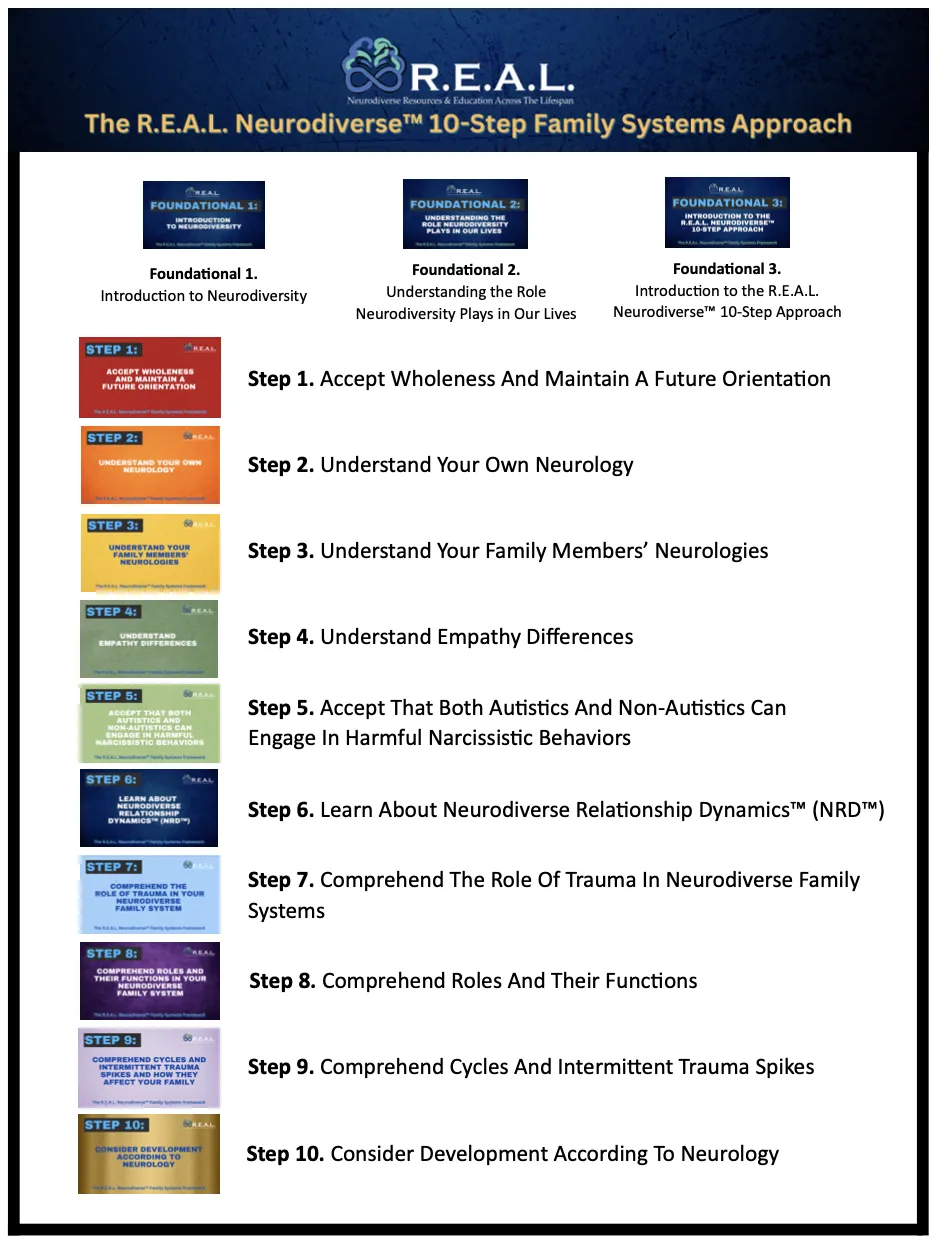
R.E.A.L. Neurodiverse™
Resources & Education Across the Lifespan

The R.E.A.L. Neurodiverse™ 10-Step Family Systems Approach
WHO ARE THE R.E.A.L. PROGRAMS FOR?
Our comprehensive 10-step method is designed for use by psychologists, therapists, social workers, counselors, teachers, coaches, consultants, clergy, domestic violence workers, victim advocates and more.
The R.E.A.L. Neurodiverse™ Family Systems Approach is a comprehensive 10-step method for coaches, consultants, teachers, therapists, psychologists, social workers, mediators, domestic violence workers, victim advocates, spiritual leaders, and more.
The approach is designed to support professional growth through both structured education and direct relational experience. To access the full programs, at least one provider per office must complete our NFS-E Credential and become a Neurodiverse Family Systems – Educator. This ensures that each office has a designated provider who understands the framework and can guide implementation with fidelity.
While only one team member is required to complete the entry-level NFS-E credentialing process, all other providers receive meaningful and accessible support to ensure high-quality care across the team. Every provider begins with a clear, neurologically informed orientation that introduces the program’s foundational concepts, implementation principles, and ethical guidelines. From there, learning continues through guided use of the program materials with clients. As clients move through the 10-step structure, providers gain access to corresponding provider resources—learning in real time how to support neurologically diverse adults with clarity and care.
This approach reflects a core truth of neurodiverse relational systems work: while structured training is essential, deep understanding develops through direct experience. The program honors this by allowing providers to grow alongside their clients. Even those who are new to neurodiverse systems will find that the materials are intuitive, grounded, and developmentally attuned—inviting providers to apply their own wisdom while building confidence in a new and important domain.
WHAT MAKES R.E.A.L. DIFFERENT?
Traditional interventions are grounded in the assumption that relationship conflict can be resolved through shared dialogue and emotional processing. But in neurodiverse families and intimate life partnerships, these methods often overlook the root cause of distress: neurological mismatch.
The R.E.A.L. Neurodiverse™ model introduces a fundamental paradigm shift. Instead of beginning with group sessions, we start with the individual—recognizing that perception, empathy, expression, and regulation differ profoundly across neurotypes. Our structured 10-step program replaces generalized talk therapy with neurotype-specific education, tools, and developmental supports.
This shift moves providers away from pathologizing behavior and toward honoring difference. It reframes family and intimate partnership conflict not as dysfunction, but as the result of unmet neurological needs—and offers a clear, compassionate pathway for lasting change, even when only one partner or family member is ready to begin.
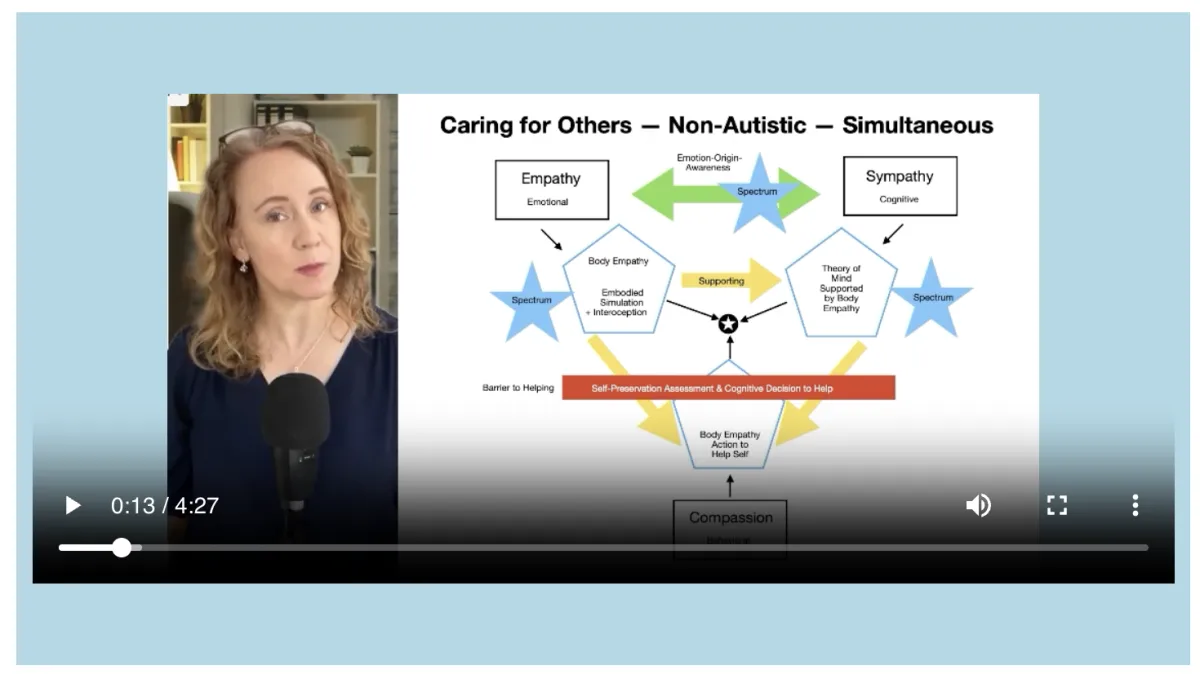

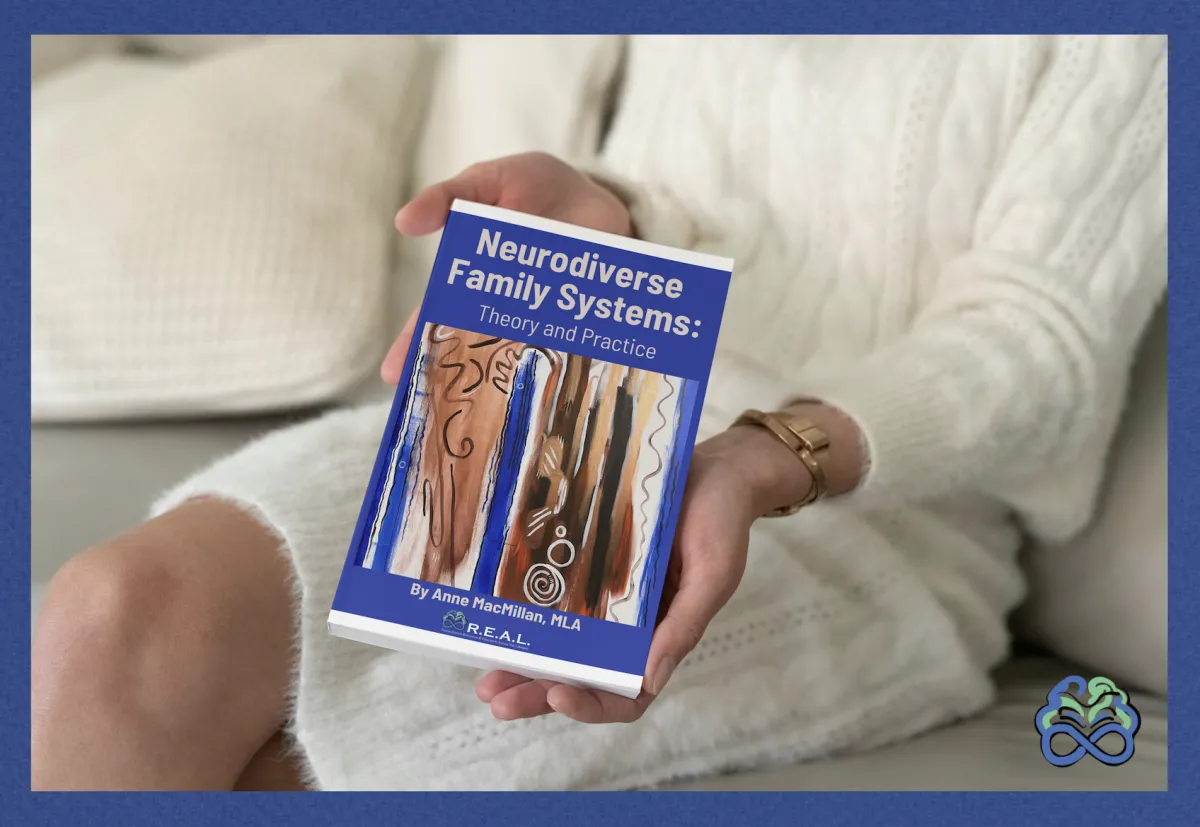
HOW DO THE R.E.A.L. PROGRAMS WORK?
The R.E.A.L. Neurodiverse™ Family Systems Approach guides adults—and the professionals who support them—through a structured but flexible 10-step process designed to build insight, reduce distress, and support sustainable relational growth. Clients receive materials tailored to their neurology (autistic or non-autistic), while providers use parallel resources that align with the client’s processing style.
Each of the 10 steps addresses a core dimension of neurodiverse relational life—such as empathy differences, neurological mismatch, relational role entrenchment, boundary development, problem solving, and cycles of trauma. Steps are sequential but adaptable, allowing providers to meet clients where they are without sacrificing developmental integrity.
Clients move through video-based educational content, guided assessments, structured reflection prompts, and integrative exercises that help them make sense of their experiences through a neurologically attuned lens. Providers receive step-specific guides that support interpretation, discussion, and skill-building, ensuring that support remains aligned with the client’s neurotype and developmental readiness.
Unlike many traditional models that prioritize behavior change or surface-level communication strategies, the R.E.A.L. Approach integrates neurological, emotional, somatic, and systemic layers of experience.
Tools range from conceptual mappings and guided journaling to artwork-based exercises and somatic strategies—supporting a wide range of processing styles and learning needs.
Because each client engages individually, the program remains effective whether or not other family members or partners are involved. When multiple participants are ready, shared theory and neurologically specific tools create a common language for growth without forcing consensus or conformity.
About Anne MacMillan:
I am the creator of the R.E.A.L. Neurodiverse™ Family Systems Approach — the first comprehensive, educational 10-step model designed to help autistics, non-autistics, and professionals understand the neurological foundations of relational conflict and connection. My work integrates developmental psychology, systems theory, and over five decades of lived experience inside profoundly neurodiverse family systems.
I originally developed the Neurodiverse Family Systems Theory based on my education, personal history, and the insights I gained in the private neurodiverse services practice I founded in 2017. Since then, the work has evolved into a clear, scalable framework that professionals can use to guide their clients through complex neurodiverse dynamics with structure, clarity, and compassion.
Today, I support professionals across disciplines — therapists, psychologists, coaches, social workers, clergy, and educators — who are discovering that neurodiversity is often the missing piece in the adult relationship challenges they see. Through the Neurodiverse Family Systems Educator Credential (NFS‑E), providers gain access to the full R.E.A.L. 10-Step system, including original quantitative assessments, dyadic tools, and evidence-informed support resources they can immediately apply with clients.
I hold a research-based master’s degree in psychology from Harvard University, where I received the Director’s Thesis Award for one of the world’s first quantitative studies on Level 1 autism in intimate life partnerships. My graduate and undergraduate studies focused on developmental psychology — work that continues to inform every aspect of the R.E.A.L. approach.
In total, I bring more than 50 years of lived experience in neurodiverse family systems (including my childhood in a profoundly neurodiverse family), over 20 years of experience in a neurodiverse intimate partnership, and nearly a decade of professional practice supporting individuals, couples, and families navigating the complexities of neurodiversity.
I self-identify as a high body empathetic and attention neurodivergent (ADHD). I’ve never pursued a formal ADHD diagnosis, as I trust self-identification over professional labeling. I am not autistic, but I have spent my life deeply connected to autism, attention-based neurodivergence, and high-body-empathy neurology — both personally and professionally. My work is dedicated to helping others gain the clarity, skills, and relational wellbeing they deserve.
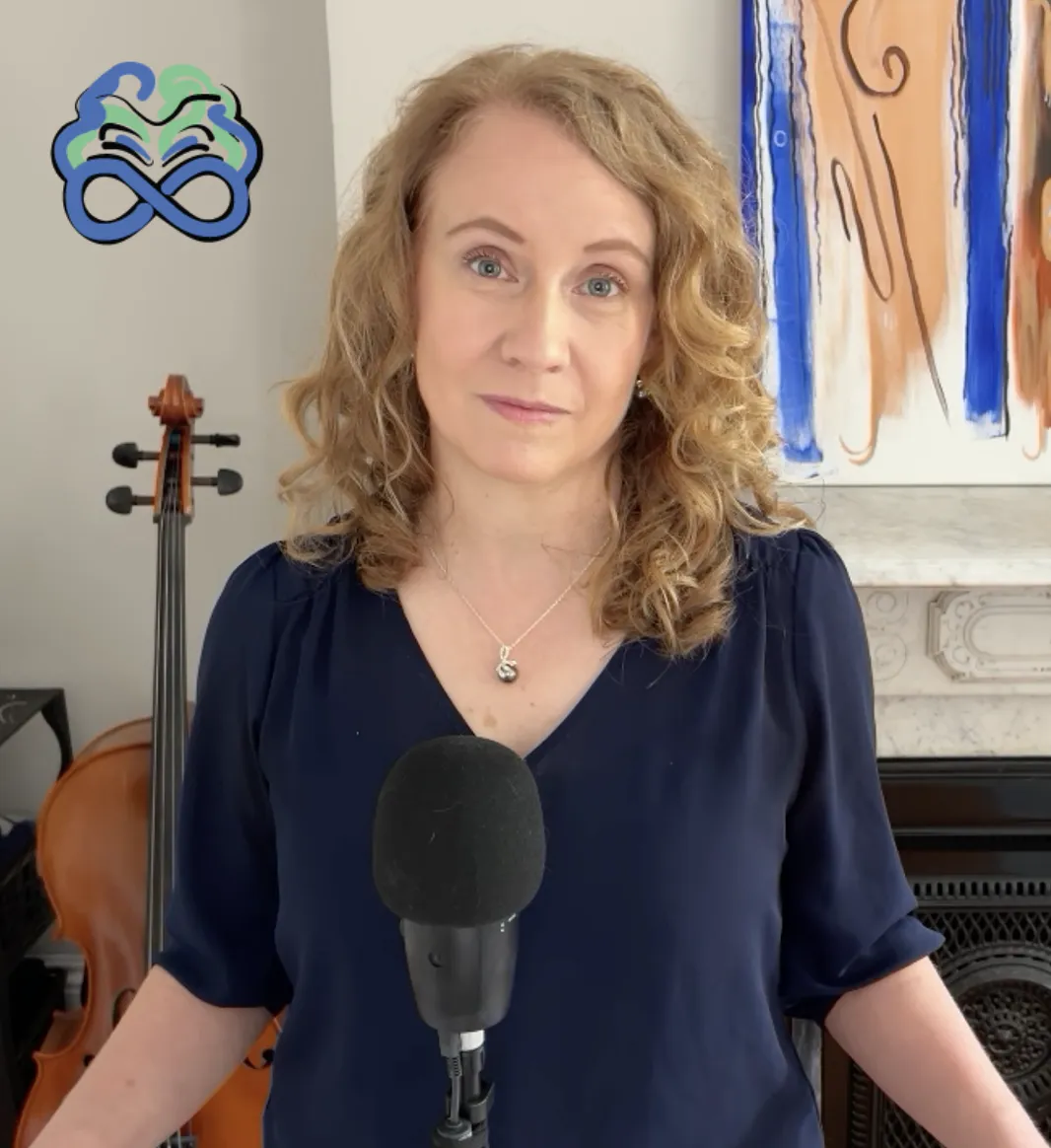
Anne MacMillan, MLA
Author of the R.E.A.L. Neurodiverse™ 10-Step Family Systems Approach, Speaker, Researcher, Consultant, Coach, and Educator

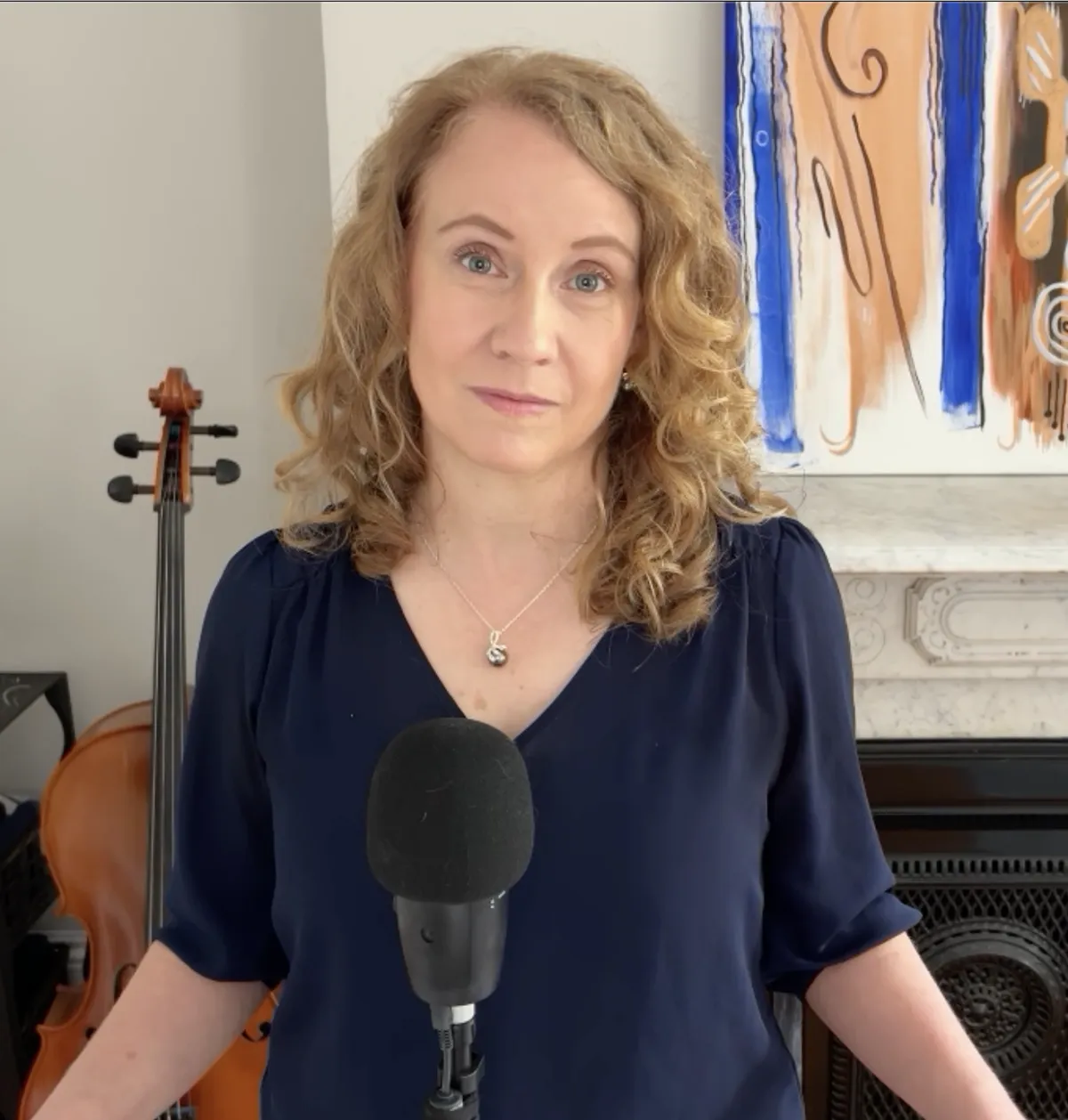
Anne MacMillan, MLA
Author of the R.E.A.L. 10-Step Neurodiverse Family Systems Approach Available on the UnitusTI Cloud
About the Book
Neurodiverse Family Systems: Theory and Practice offers a groundbreaking framework for understanding the unique relational dynamics that emerge within families shaped by neurological difference. Bridging developmental theory, lived neurodivergent experience, and applied clinical insight, this book challenges conventional models and introduces a nuanced approach to working with autism, ADHD, and high body empathy across generations.
Essential reading for professionals seeking to deepen their understanding of neurodiverse relational systems, it invites a rethinking of how empathy, trauma, and identity operate within the family landscape—and how meaningful change begins with neurological clarity. connection, stability, and emotional peace.

© 2026 R.E.A.L. Neurodiverse™
All Rights Reserved
anne@REALneurodiverse.com
Text: (617) 489-2913 (United States)